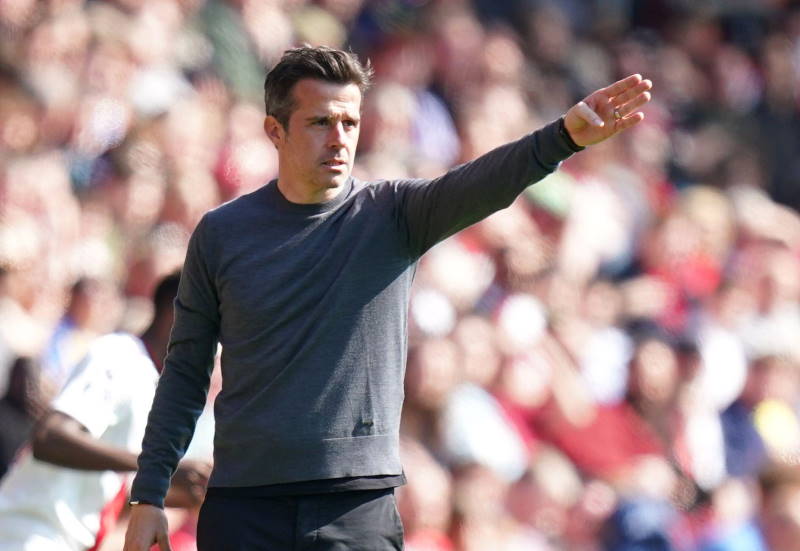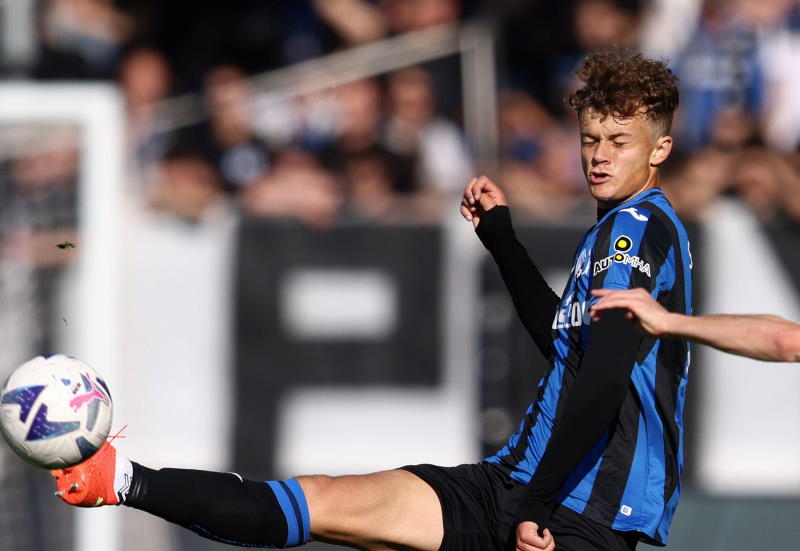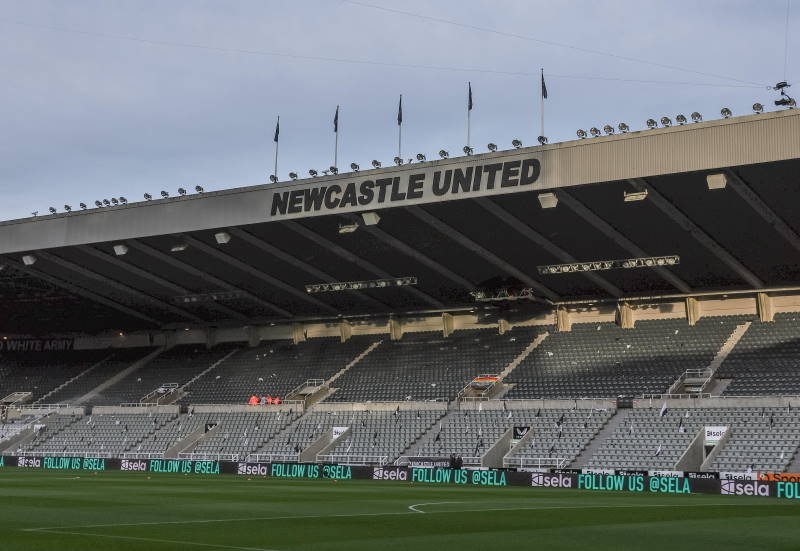
As well as being the recipient of a brand new stadium thanks to Euro 2012, the Polish city of Wroclaw will hopefully manage to get the world to pronounce its name correctly too. And if the city’s football club continue their rapid rise they may even find themselves on the European stage next season, and possibly educate TV commentators to pronounce their name the Polish way as well.
On the rare occasions when Slask (pronounced ‘Shlonsk’) have played in Europe, British commentators have never bothered to find out how to pronounce Wroclaw the way it should be pronounced, and so ‘Rock-law’ sufficed. It is in fact ‘Vrot-suave’ and one of the great things about international football tournaments these days is that the host cities do get a cultural eye-over.
It is a long time since the former army club have even come close to tasting the success they enjoyed back in the seventies when the side won a league title, a cup and enjoyed some respectable results on the European stage. Hailing from Poland’s fourth largest city, with a metropolitan population of one million, the Lower Silesian club have turned out to be the country’s second biggest underachievers after Lechia Gdansk. And for the last 30 years their travels have taken them from mid-table down to the third division and back again.
But things are beginning to buzz in the capital of Lower Silesia once again. And it is thanks to the effect which veteran journeyman coach Orest Lenczyk has had since his arrival last September. The cellar dwellers he took over suddenly came to life and under his tutelage have not lost a game in the 12 he has been in charge. This has taken Slask from last-but-one in the table to within spitting distance of a place in Europe, where they haven’t been since 1987, when dumped out of the old Cup Winners Cup in the first round by Spanish outfit Real Sociedad.
In the last matchday Slask enjoyed their sixth win under Lenczyk, beating Lechia from the Euro 2012 co-host city of Gdansk, a side who are also experiencing a good run at the moment. In those 12 games in charge Lenczyk’s record of six wins and six draws may not put him in the Jose Mourinho class, but it does include eight out of a maximum possible 12 points gained against the league’s top four of Wisla Krakow, Jagiellonia Bialystok, Legia Warsaw and Lechia Gdansk – three of those results on the road.
There are no stars in this Slask team, although 28-year-old Przemyslaw Kazmierczak seems to have found a new lease of life. The former Boavista, FC Porto and Derby County midfielder has bagged eight goals during Lenczyk’s reign, while another experienced midfielder, Sebastian Mila, has also blossomed under the 68-year-old; Manchester City fans may remember his long-range free-kick for Groclin Dyskobolia which knocked them out of the UEFA Cup in 2003.
Lenczyk has been around a long time and tasted the fruits of his labour with championship success at Wisla Krakow, but that success is a bit like Slask’s, rooted way back in the seventies, although the wily boss did steer unfashionable minnows Belchatow to a league runners-up spot in 2006/07.
The dominant team of the noughties, Wisla Krakow, looked like they were heading comfortably towards another league title, but an uncharacteristic slip-up at lowly Polonia Bytom has narrowed the gap between them and the chasing pack to just five points.
The Krakovians have won seven out of the last 12 championships and are only two away from equalling the record of 14 held jointly by former ‘giants’ Gornik Zabrze and Ruch Chorzow. Perhaps the loss of international striker and leading goalscorer Pawel Brozek to Turkish side Trabzonspor is beginning to tell. And if the young extrovert midfielder Patryk Malecki follows him abroad – and there are several foreign clubs sniffing around, including Blackburn Rovers – it could spell the end of their dominance.













